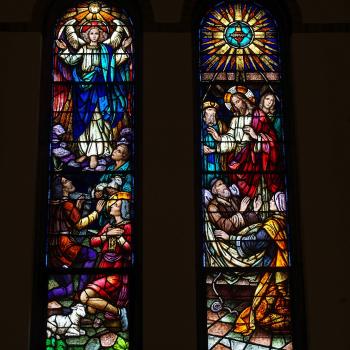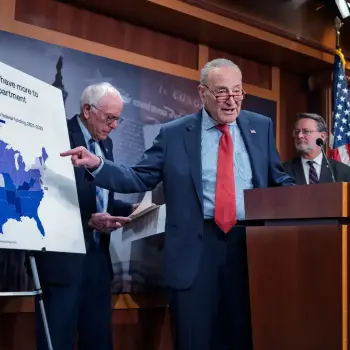Proposition 6: While the Bible provides principles relevant to political life, it does not provide the missing ingredient for translating principles into policy; namely, what the ancients called prudence or practical wisdom, insight and knowledge. Should the United States ratify the Law of the Sea Treaty? Are carbon taxes a good idea? Should dividend income be taxed? At what rate? What healthcare plan is best for Americans? Is an economic embargo the most effective way to bring democratic change to Cuba? What strategy should the United States pursue in dealing with Iran? On each of these issues the Bible is silent, but not irrelevant. Biblical principles of love, justice and fairness are relevant to all of them, but the Bible does not speak directly to any of these issues. This is where practical wisdom comes into play. A knowledge of history, economics, international relations, and so on is needed in order to faithfully and wisely translate relevant biblical principles into policy. When viewed this way, policy differences are most of the time, but not always, differences of prudential judgment. For example, in the latter years of South Africa's apartheid era, international opponents of this racist policy fought over radically different strategies for addressing it. Some favored sanctions, others favored engagement of the apartheid government. Both shared the same end, but differed on the means to get there.
Proposition 7: Christians should not and cannot do their faith only on Sundays. For the Christian citizen, faith inevitably and rightly motivates, informs, and shapes an engagement of all of life, including politics. Richard Neuhaus often reminded us that politics at its core is about questions of how we ought to order our lives together. The Christian as citizen brings to her engagement of political life a set of worldview norms that are not only helpful but needed in the wide-ranging public conversation that is American democracy.
Proposition 8: While the Christian as citizen plays a vital role in political life, the Church's primary responsibility is to be the Church: to proclaim the Good News of redemption. It's imperative that Church be a sacred space apart from the world of prudential politics. The Church is a reminder that politics isn't everything. As Michael Cromartie of the Ethics and Public Policy Center has said, the dead are not raised by politics. The Church does not have a partisan political agenda and strays when it becomes just another interest group in the cacophony of partisan political life. The Church does, however, play an essential pre-political role in teaching and shaping the first principles of the Christian worldview as they relate to the value of human life, the nature of the family, the imperatives of justice, and the obligations of citizenship.
Proposition 9: Unfortunately, confusion or inattention to the different roles and responsibilities of the Church and the Christian as citizen can undermine and even corrupt the witness of the Church as well as the activism of the Christian citizen.
Proposition 10:Christians must never be intimidated away from political life by the strident hostility and politically correct agenda of secularists and their allies. Christians have a biblical mandate as believers, and a duty as citizens, to engage their voices in the pluralistic conversations of American democracy. Because of the prudential nature of much of politics, Christians will inevitably disagree and often get it wrong. But democracy is a gift and a blessing, and Christians need to do politics well.




